Health and Migration in Europe – opinions of national and international experts
- 1677 views
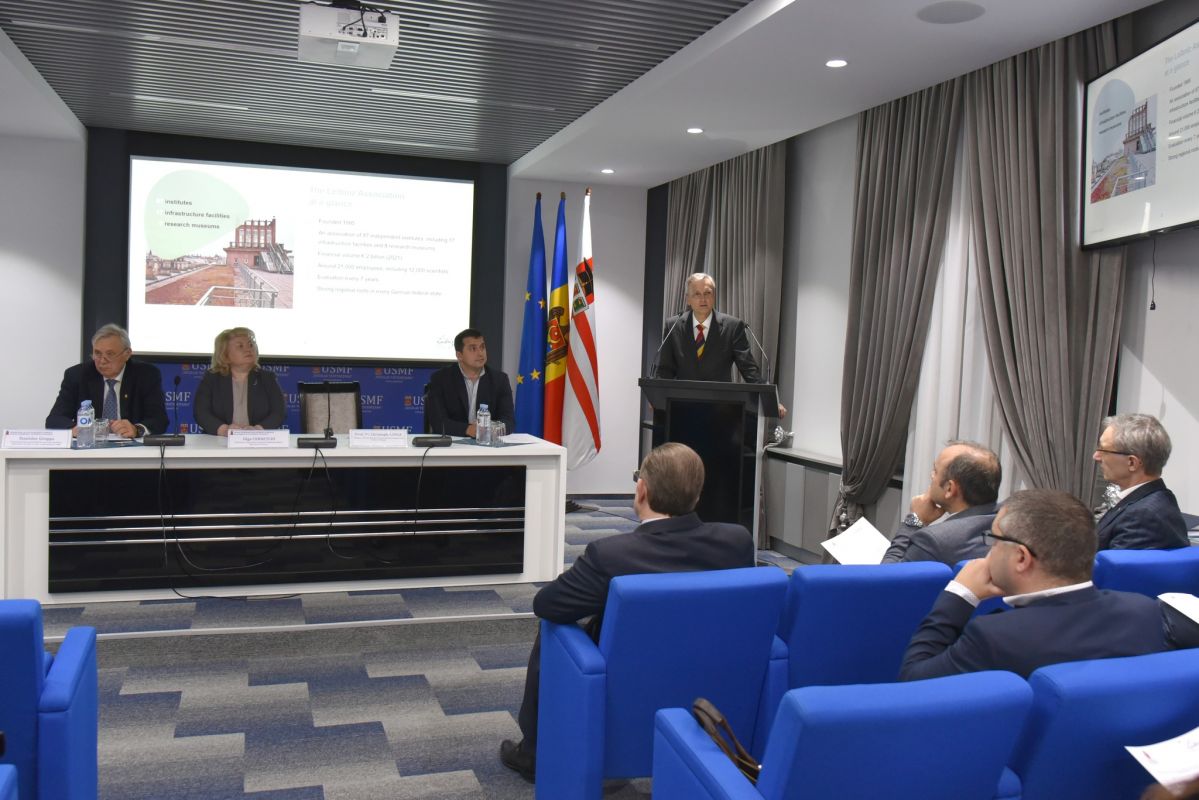
Local and foreign specialists in various fields met at an international multidisciplinary scientific event titled Health and Migration in Europe that took place at Nicolae Testemitanu State University of Medicine and Pharmacy of the Republic of Moldova. It was organized on 31 October by our university in partnership with the Leibniz institutes from Germany: the Research Center Borstel, the Essen Institute for Economic Research and the Institute for Prevention Research and Epidemiology – BIPS, Bremen.
The event was moderated by academician Stanislav Groppa, vice-rector for research activity, who stressed that the theme of the event is relevant in association with the COVID-19 pandemic and the terrible war in the neighboring country, with repercussions on the Republic of Moldova, generated by the large flow of migrants who require medical assistance and psychological counseling. "The event is organized together with the Leibniz Association – an institution with traditions, connections, relations, positioning, various laboratories, qualified scientific researchers and relevant results. It is important to know Germany's experience as regards the refugee issue faced by the country a few years ago. In this context, it is essential to take over the German model and apply those strategies and limited resources to achieve the desired results", the academician concluded.
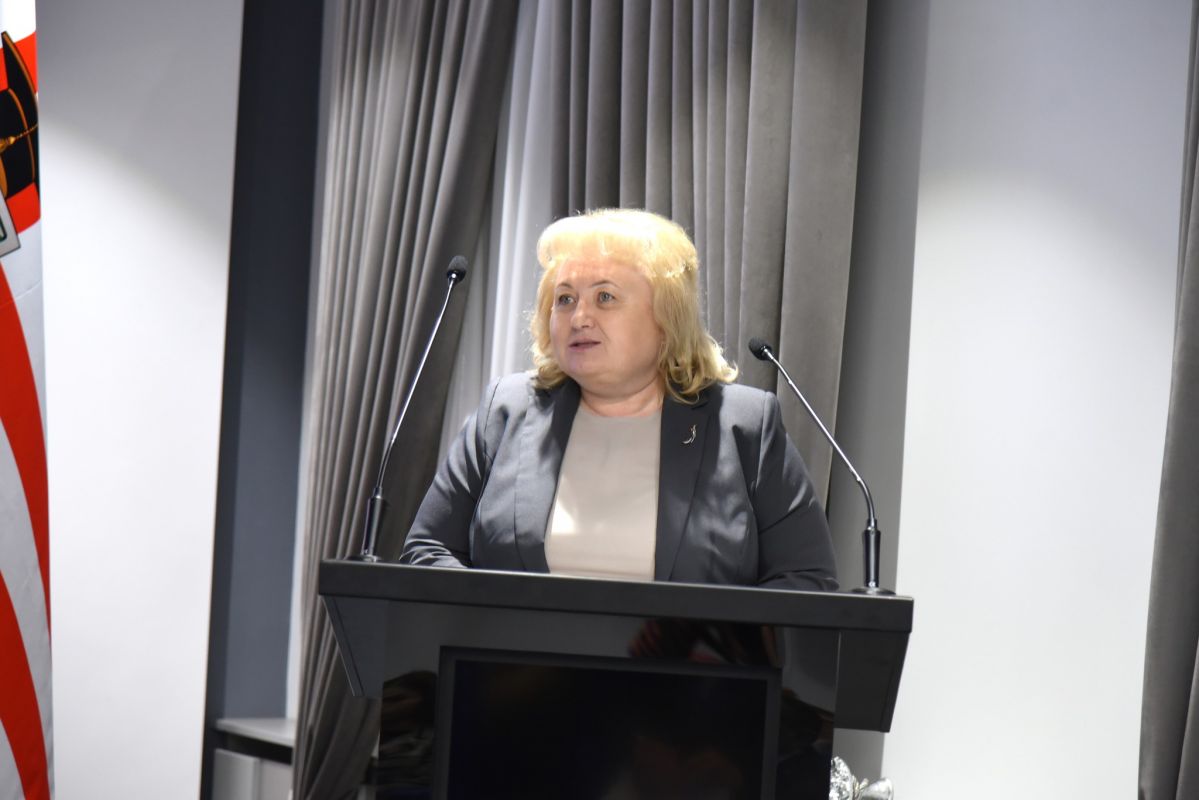 First vice-rector Olga Cernetchi, vice-rector for didactic activity, greeted the audience on behalf of the rector and the University Senate and expressed gratitude to the representatives of the Leibniz institutions for their support during this complicated period for the Republic of Moldova and neighboring countries. "The theme of this event is really important, because it is known that in times of crisis, out of all the existing demographic indicators – external and internal migration represents a growing phenomenon on the territory of the Republic of Moldova. In addition, the demographic situation in the country was complicated, especially in the last 10-15 years, with a negative natural increase of the population – an indicator recorded mainly in the northern districts. Certainly, the topics covered within the framework of this event will contribute to improving knowledge in the field", emphasized the first vice-rector. Professor Olga Cernetchi mentioned that last year a critical level of births of only 29,500 was reached. For comparison, in 1985, 95 thousand births were registered. In the opinion of the specialist in obstetrics and gynecology, the aging of the population is another negative phenomenon that imposes a burden on the state authorities and the population both from a medical and social point of view. Moreover, migration involves mental health issues, communicable and non-communicable infections.
First vice-rector Olga Cernetchi, vice-rector for didactic activity, greeted the audience on behalf of the rector and the University Senate and expressed gratitude to the representatives of the Leibniz institutions for their support during this complicated period for the Republic of Moldova and neighboring countries. "The theme of this event is really important, because it is known that in times of crisis, out of all the existing demographic indicators – external and internal migration represents a growing phenomenon on the territory of the Republic of Moldova. In addition, the demographic situation in the country was complicated, especially in the last 10-15 years, with a negative natural increase of the population – an indicator recorded mainly in the northern districts. Certainly, the topics covered within the framework of this event will contribute to improving knowledge in the field", emphasized the first vice-rector. Professor Olga Cernetchi mentioned that last year a critical level of births of only 29,500 was reached. For comparison, in 1985, 95 thousand births were registered. In the opinion of the specialist in obstetrics and gynecology, the aging of the population is another negative phenomenon that imposes a burden on the state authorities and the population both from a medical and social point of view. Moreover, migration involves mental health issues, communicable and non-communicable infections.
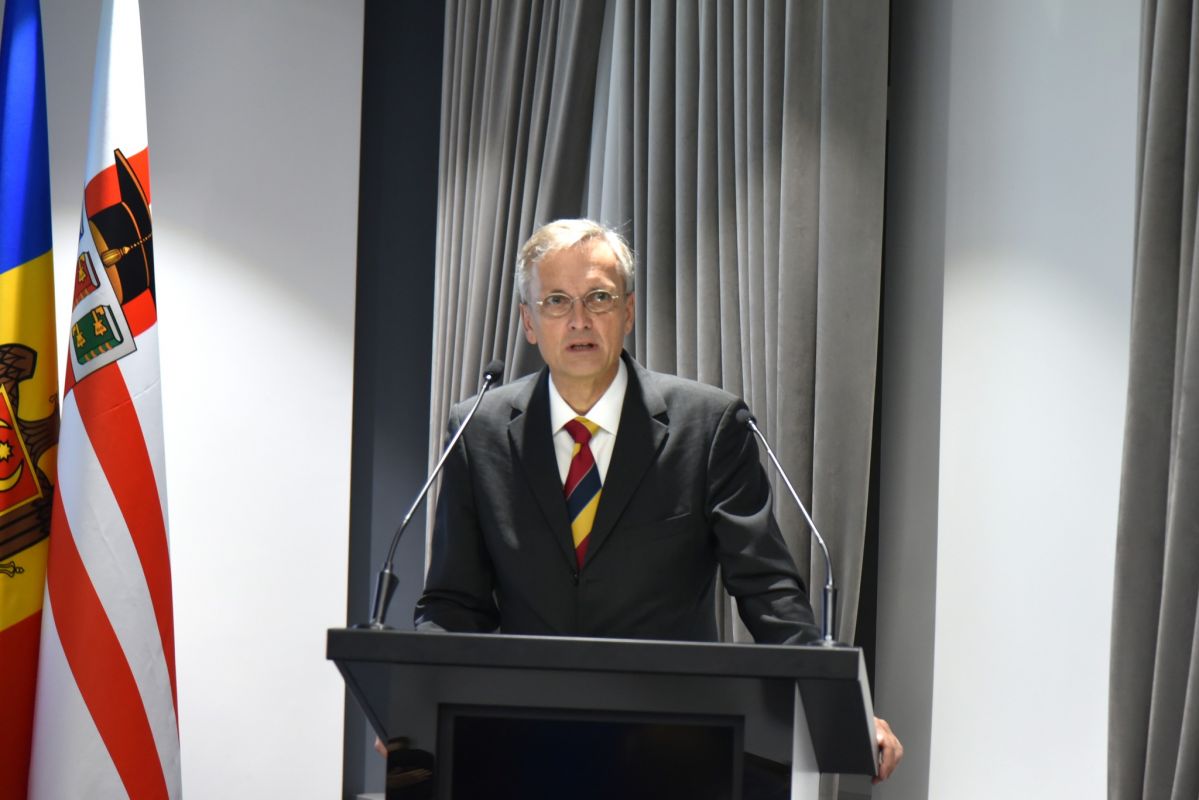
For his part, Professor Christoph Lange, medical director at the Lung Research Center Borstel, spoke to the participants about the activity of the Leibniz Association, noting that its mission consists in scientific excellence and social relevance, starting from the motto theory combined with practice. Research is based on theory and the applicative part and is carried out in close cooperation with universities and a wide range of research infrastructure facilities. The expert presented an overview of the infrastructure of these institutes. The Leibniz Association, created in 1995, is a union of German non-university research institutes from various disciplines. As of 2020, it includes 97 non-university research institutes, 17 infrastructure facilities and 8 research museums. The fields range from natural sciences, engineering and ecology – to economics, social sciences, space science and humanities. "By establishing strategic networks between these institutes and communication platforms we can collaborate in the research area. In cooperation with three infectious disease research institutes and organizations that provide data on migration, the number of people who contracted tuberculosis in the EU was determined: from the Republic of Moldova – only 12 migrants, and from Romania - 850 migrants. Thus, we intend to protect the populations exposed to such risks", Christoph Lange specified.
At the end of his speech, Dr. Christoph Lange appreciated the founding of the National Institute for Health and Medical Research and reiterated the readiness of the Leibniz Association to collaborate with Nicolae Testemitanu State University of Medicine and Pharmacy, which has a leading role in the field of health and great development prospects: "We assure you that our association is committed to contributing to these achievements and providing you with all the support you need."
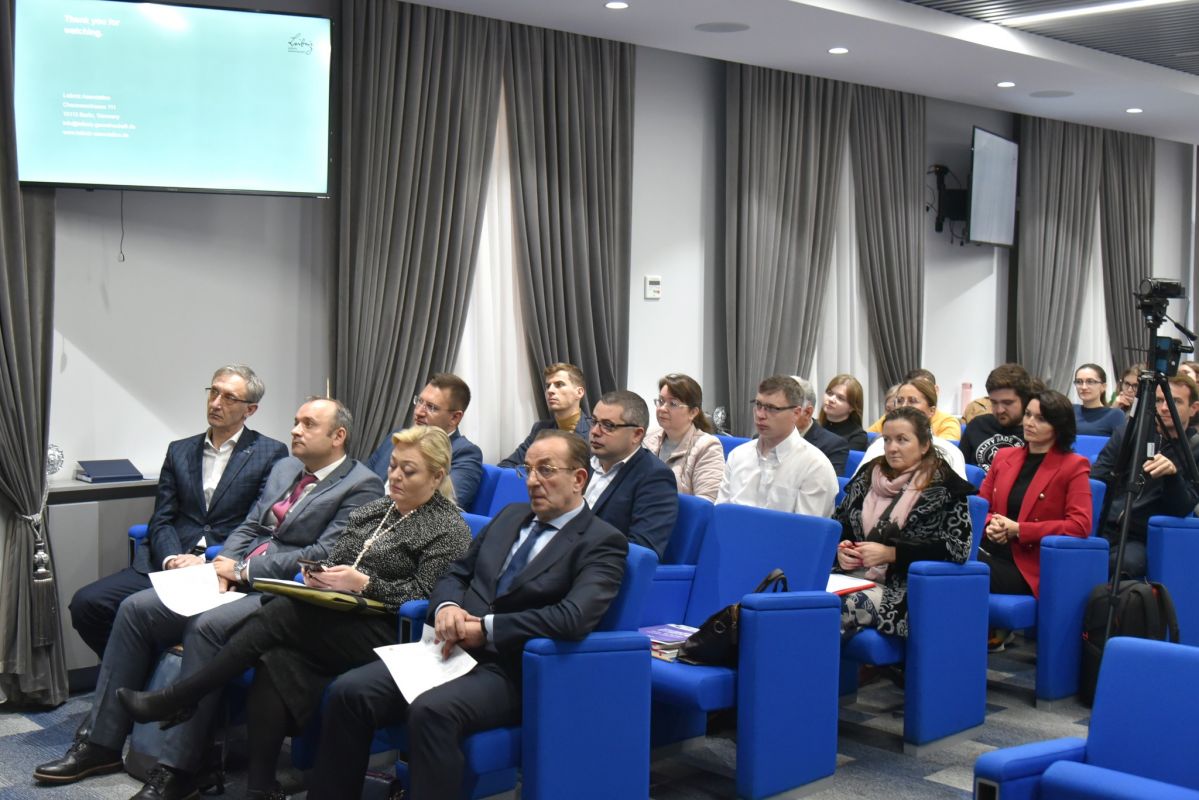
In the opinion of Ion Chesov, head of the General Directorate for policies in the field of integrated medical services at the Ministry of Health of the Republic of Moldova, migration has always been on the agenda of the institution he represents, but, due to the current crisis, the phenomenon is considered in a new light. The official noted that although innovative solutions were needed to cope with the situation and provide the necessary services to refugees, the national health care system was able to fulfill this task and became even stronger and more able to function effectively in crises. In other news, Ion Chesov noted that Nicolae Testemitanu State University of Medicine and Pharmacy represents a leader in the academic and scientific community due to its permanent commitment to develop scientific activity in the Republic of Moldova.
Rector of the Academy of Economic Studies of Moldova Alexandru Stratan has highlighted that the scientific event addresses an aspect we want to promote today – the interconnection between various fields of science, and when we talk about health, we mean economy as well. Decisions should be based on scientific reasons and if a nation is healthy, the economic standard of living will be high. Finally, Alexandru Stratan stated that migration had a considerable impact on the economic development and that he had the opportunity to collaborate with the Leibniz institutes.
The managers of the Institute of Emergency Medicine and the Oncological Institute attended the event and also offered examples of effective collaboration during the crisis.
Among the topics addressed during the event were the refugee crisis – challenges for national health systems, the effect of 2015 refugee flow to Germany on the spread of infectious diseases, the economic impact of migration, tuberculosis, mental health and vaccination during humanitarian crises, etc.
Preluarea informației de pe site-ul USMF „Nicolae Testemițanu” poate fi efectuată doar cu indicarea obligatorie a sursei și a linkului direct accesat pe www.usmf.md.

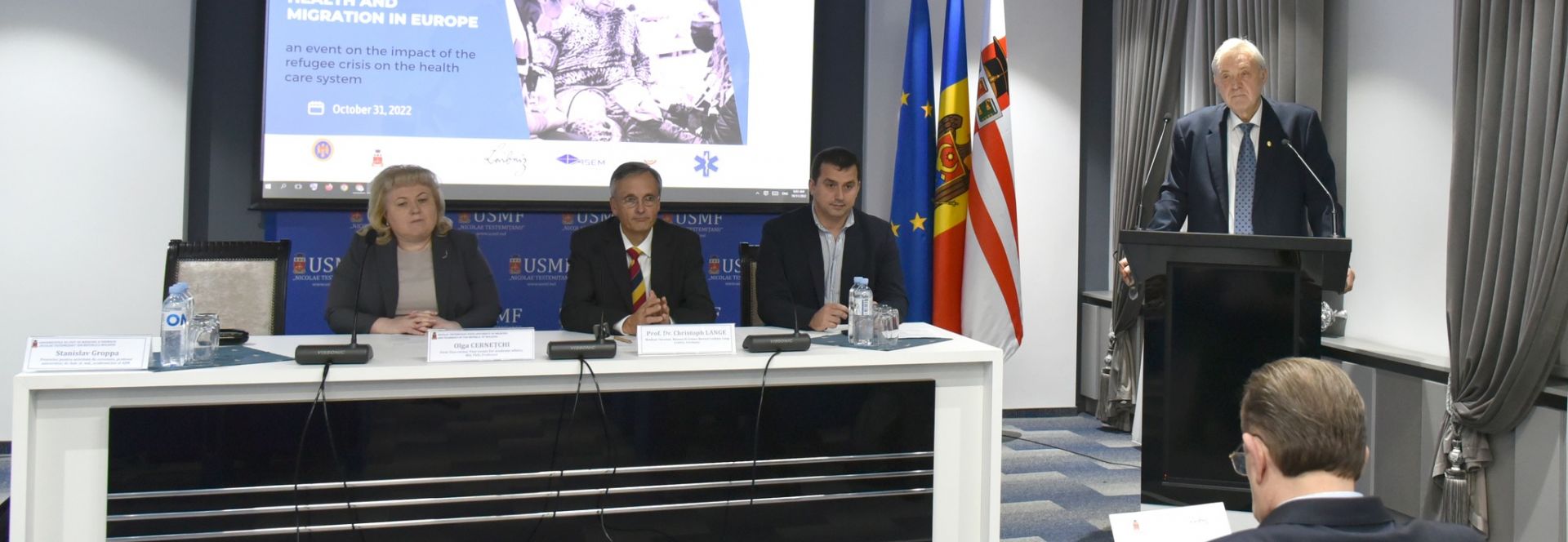
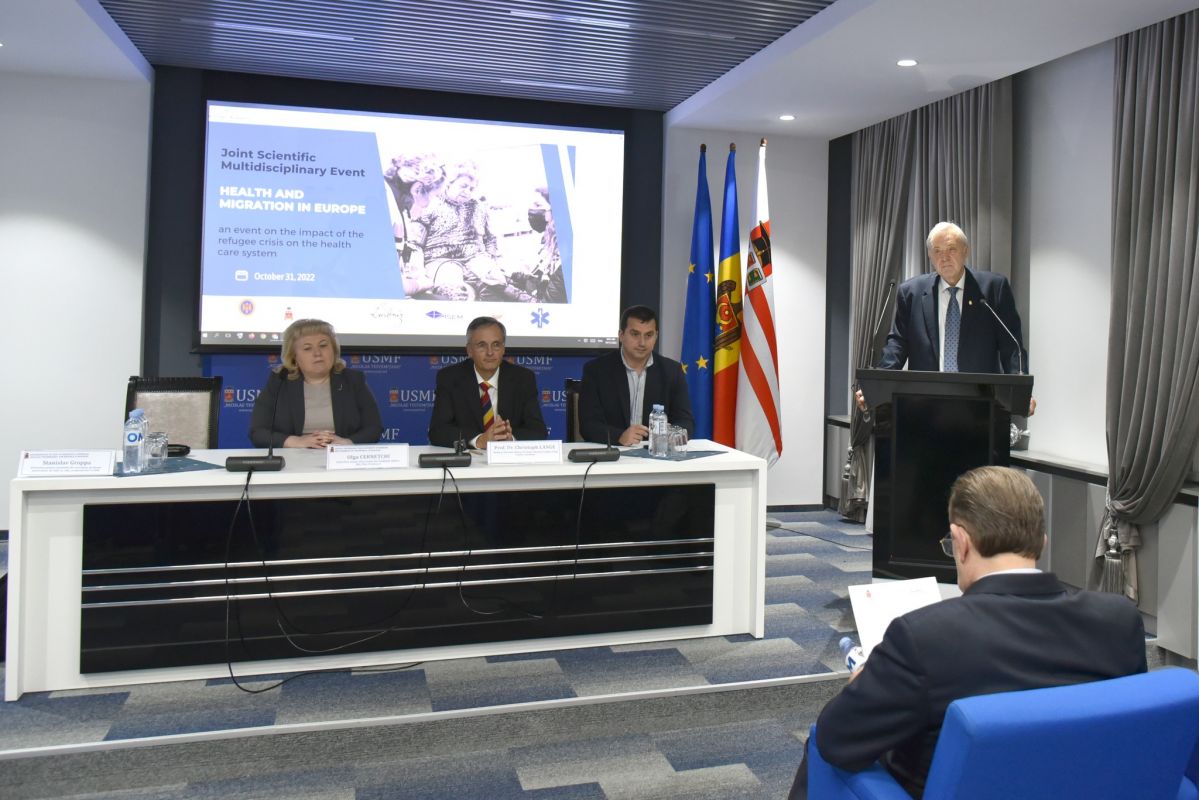
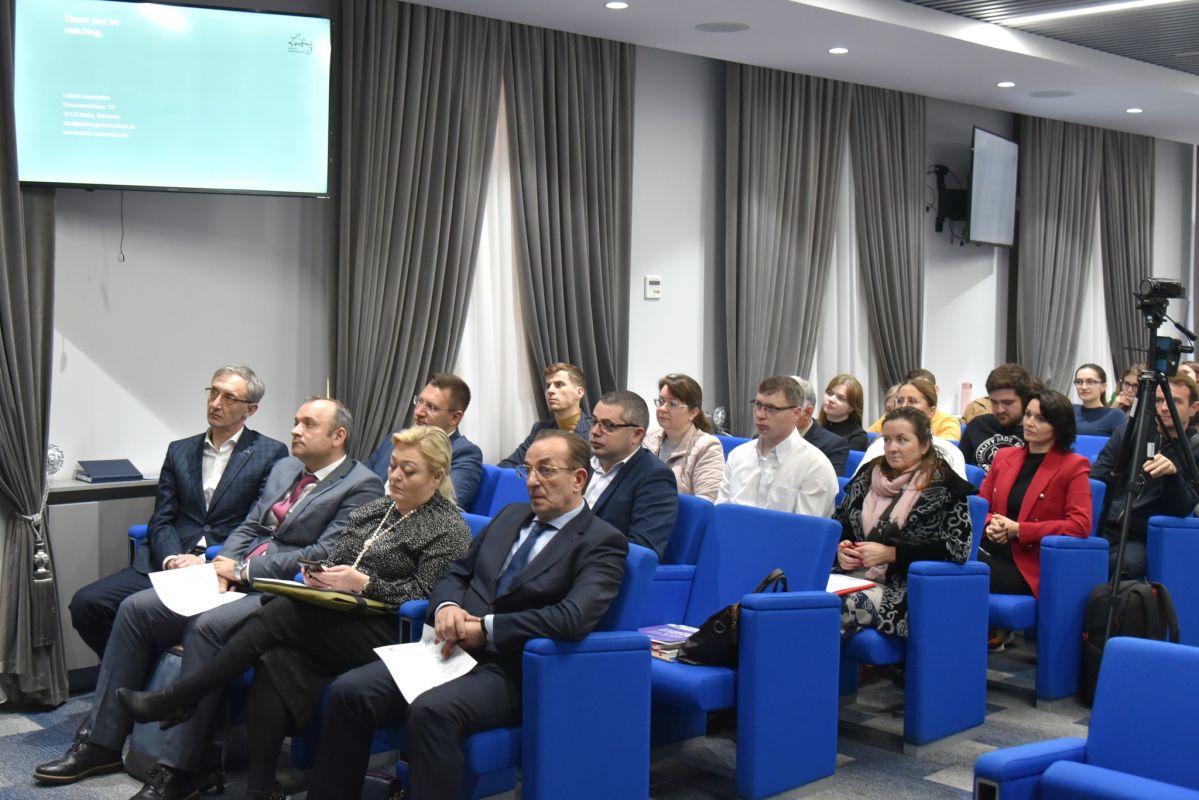
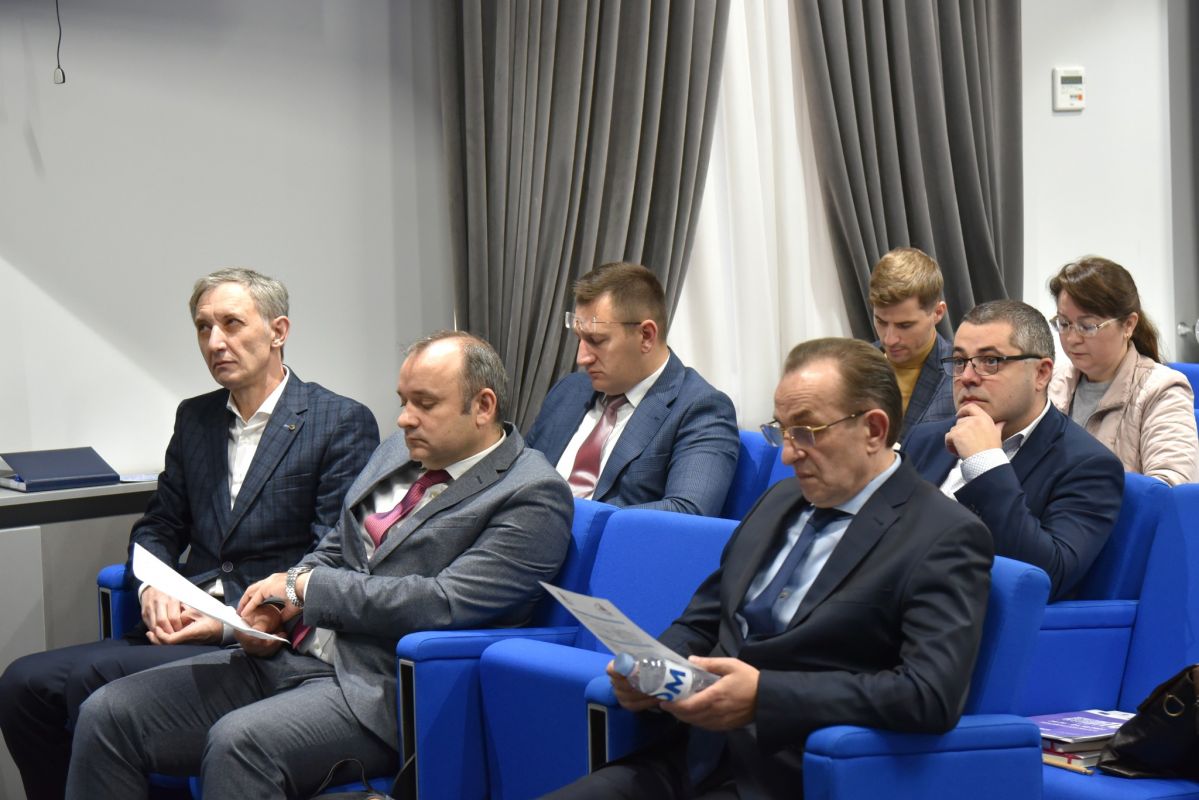
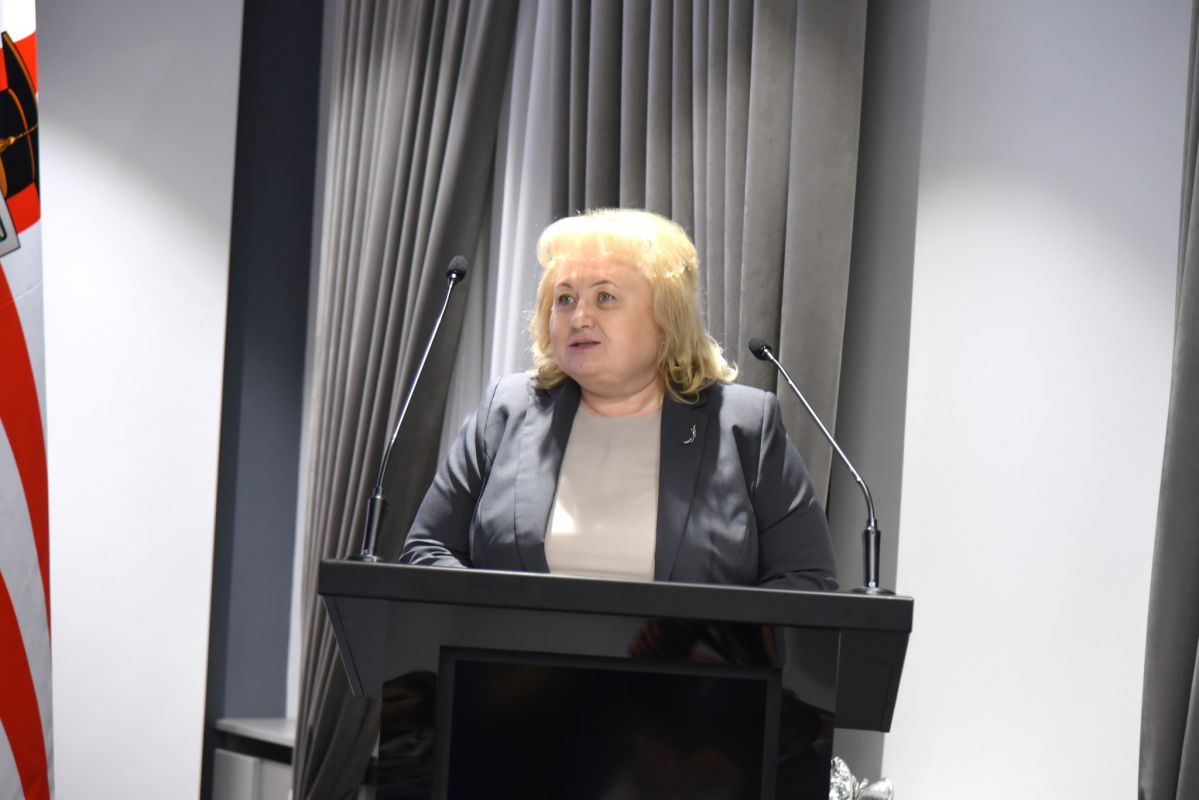
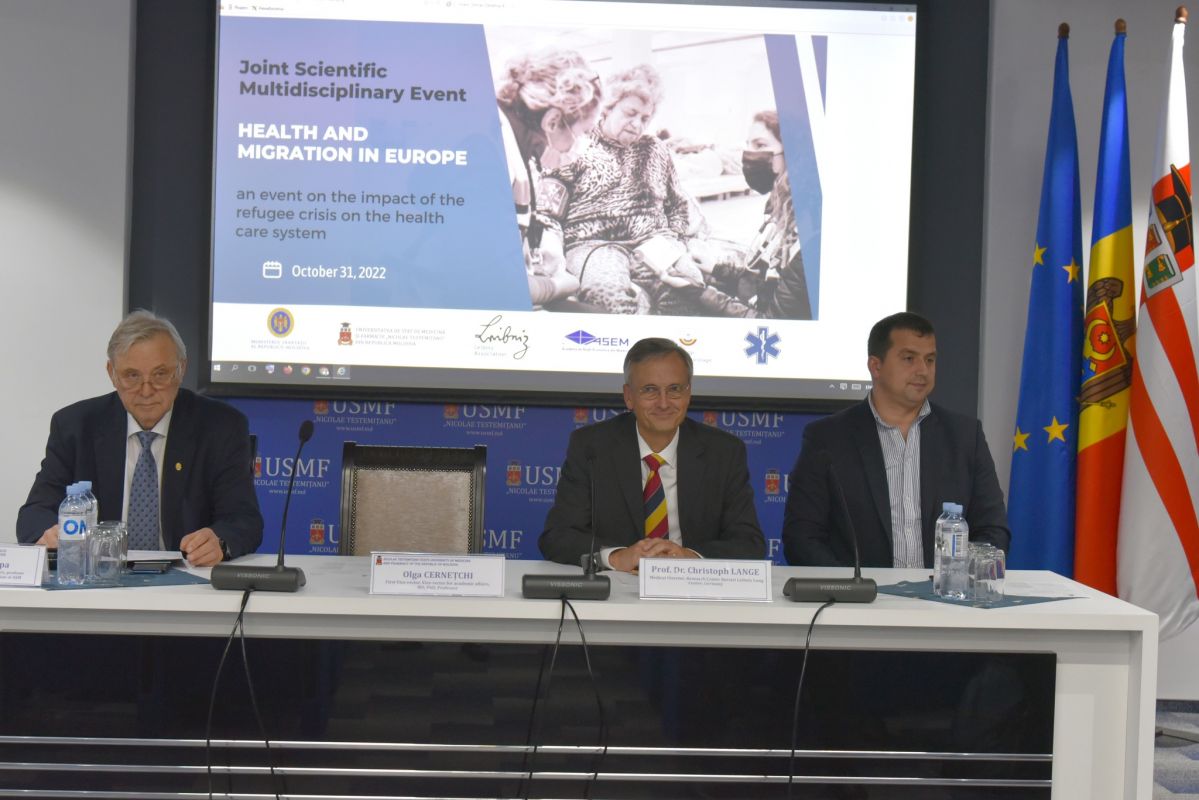
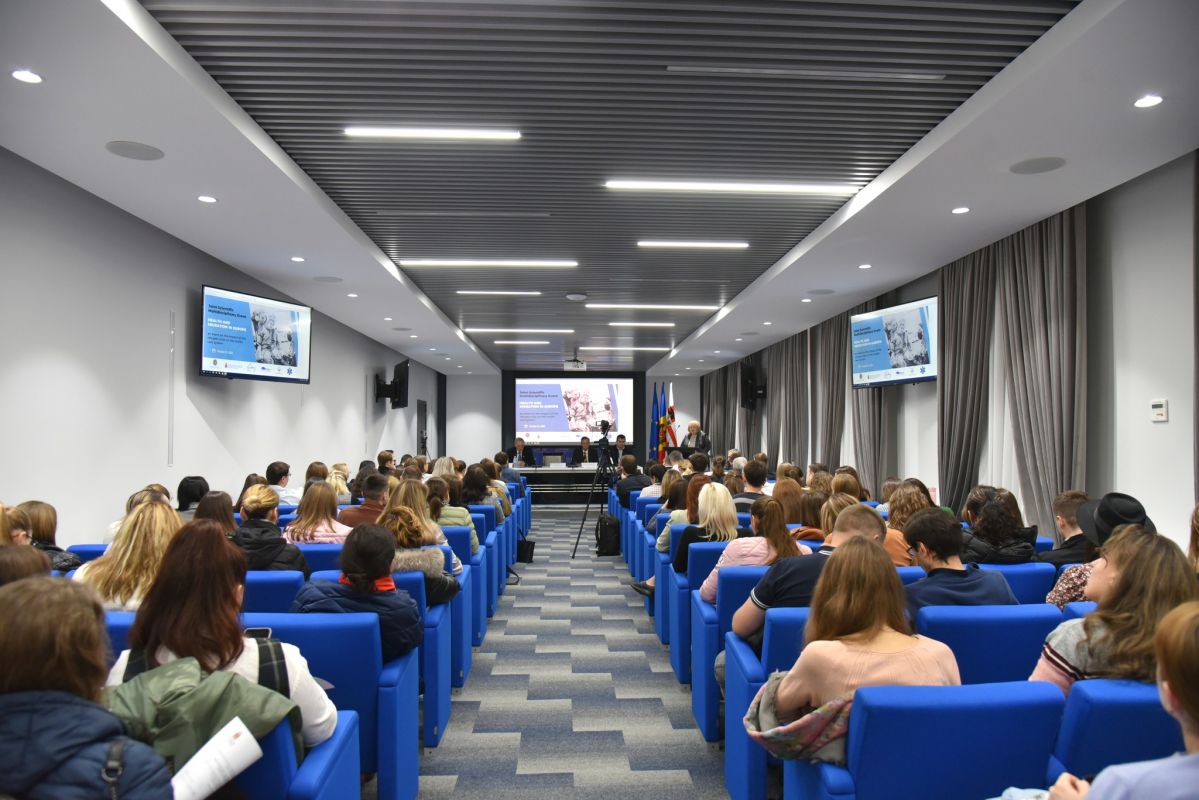
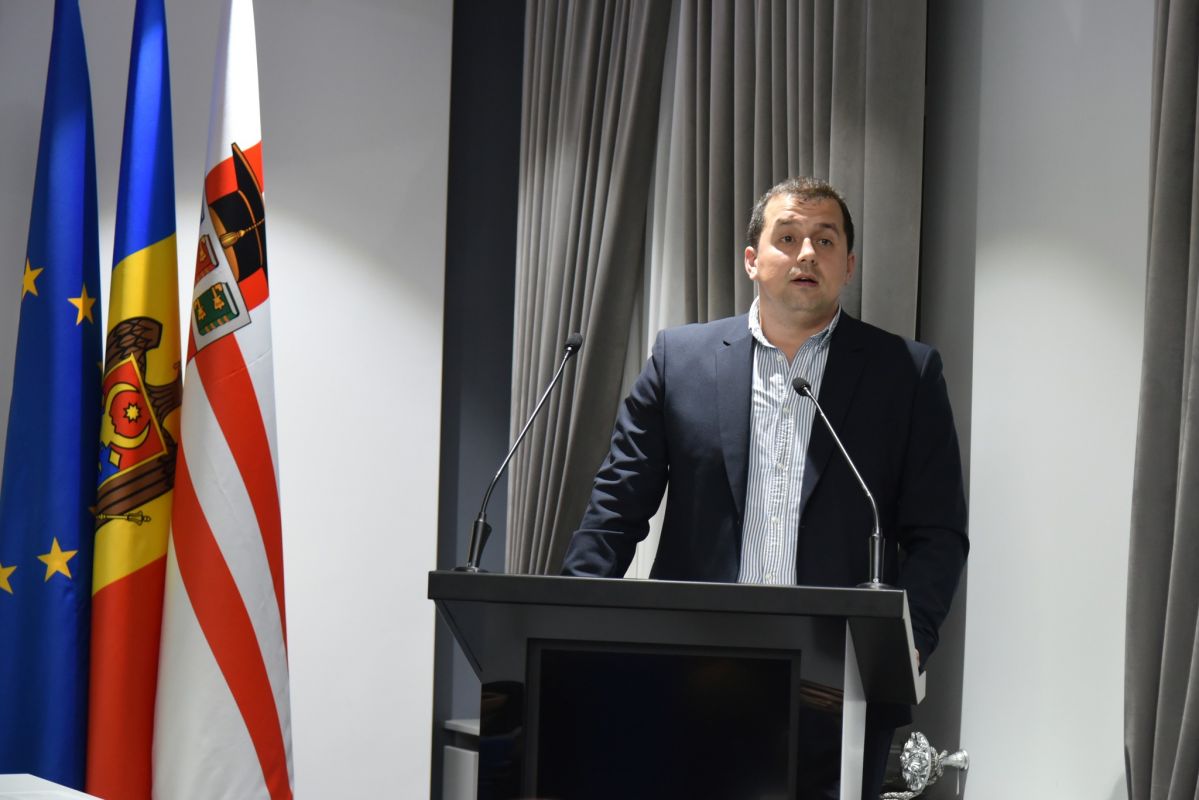
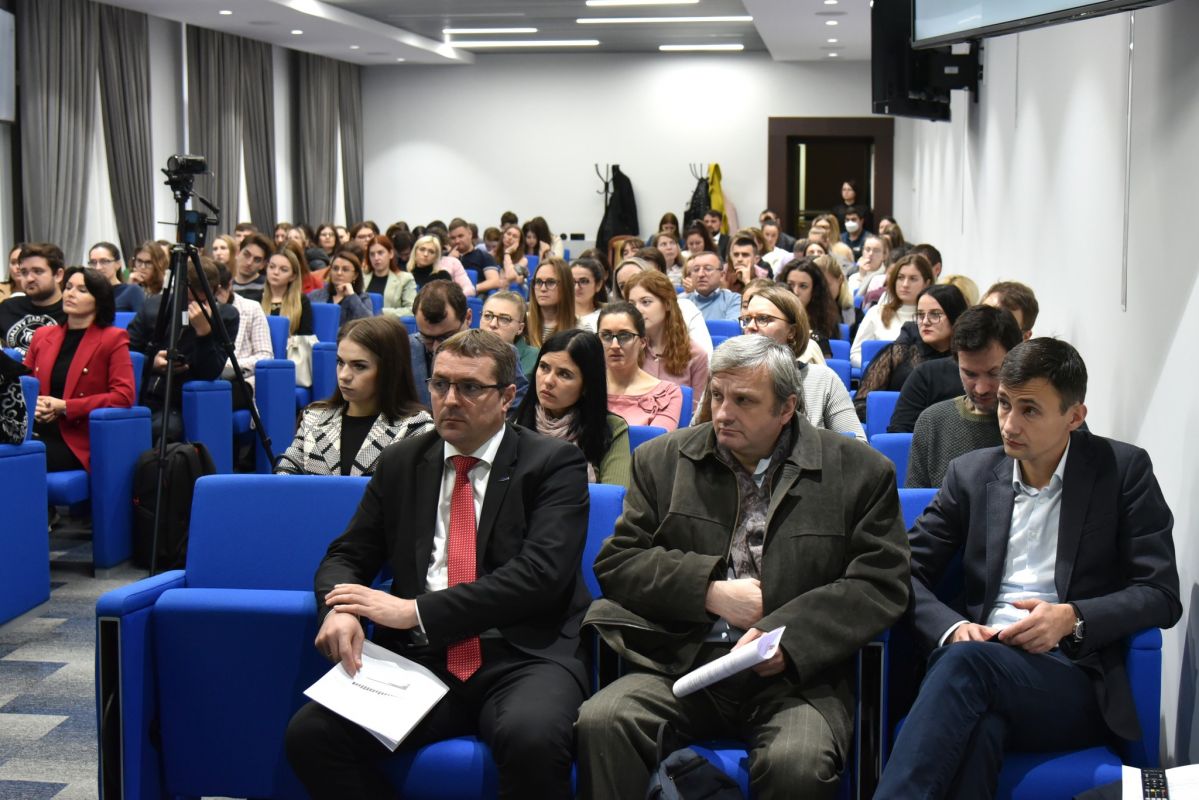
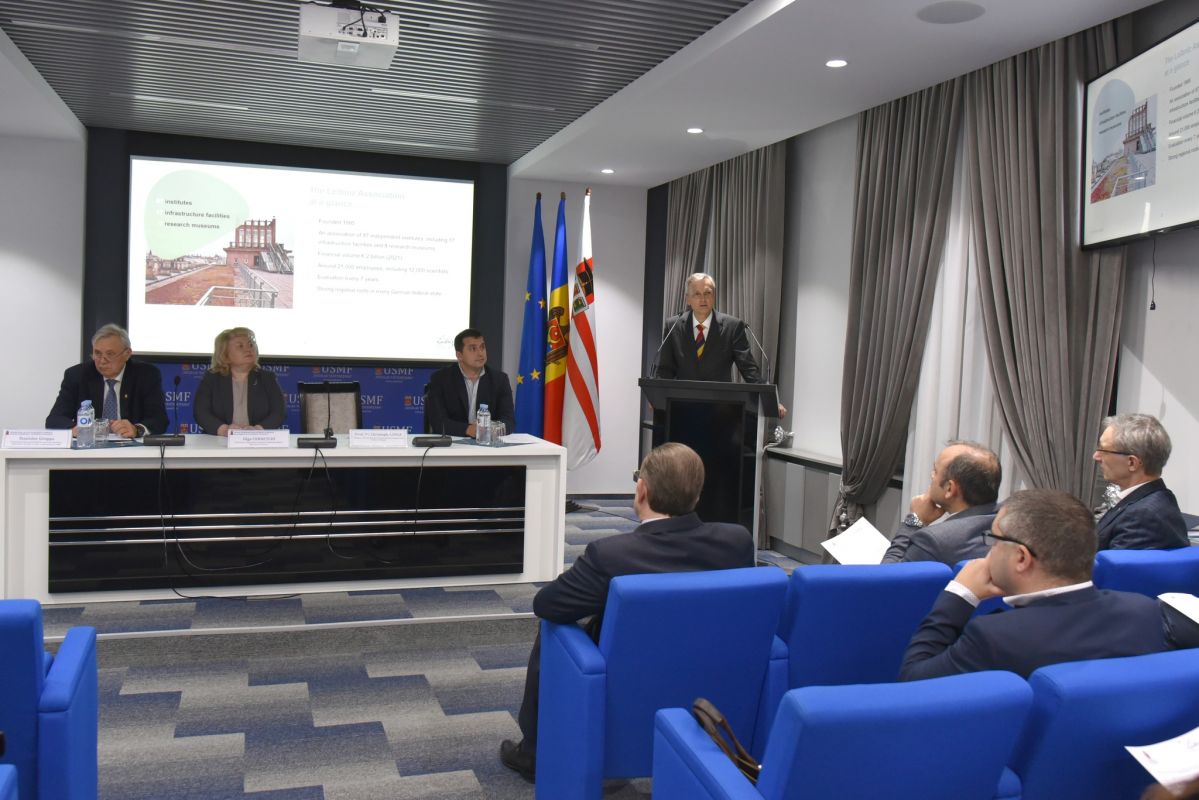
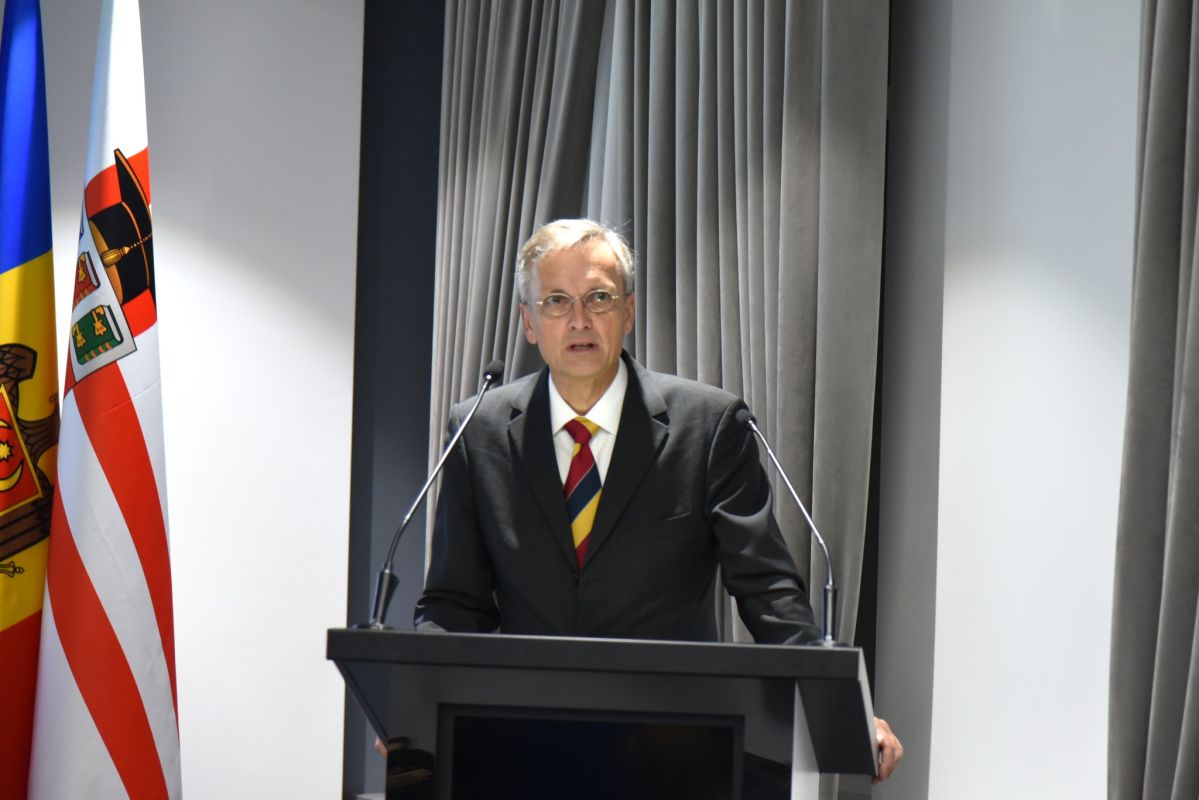
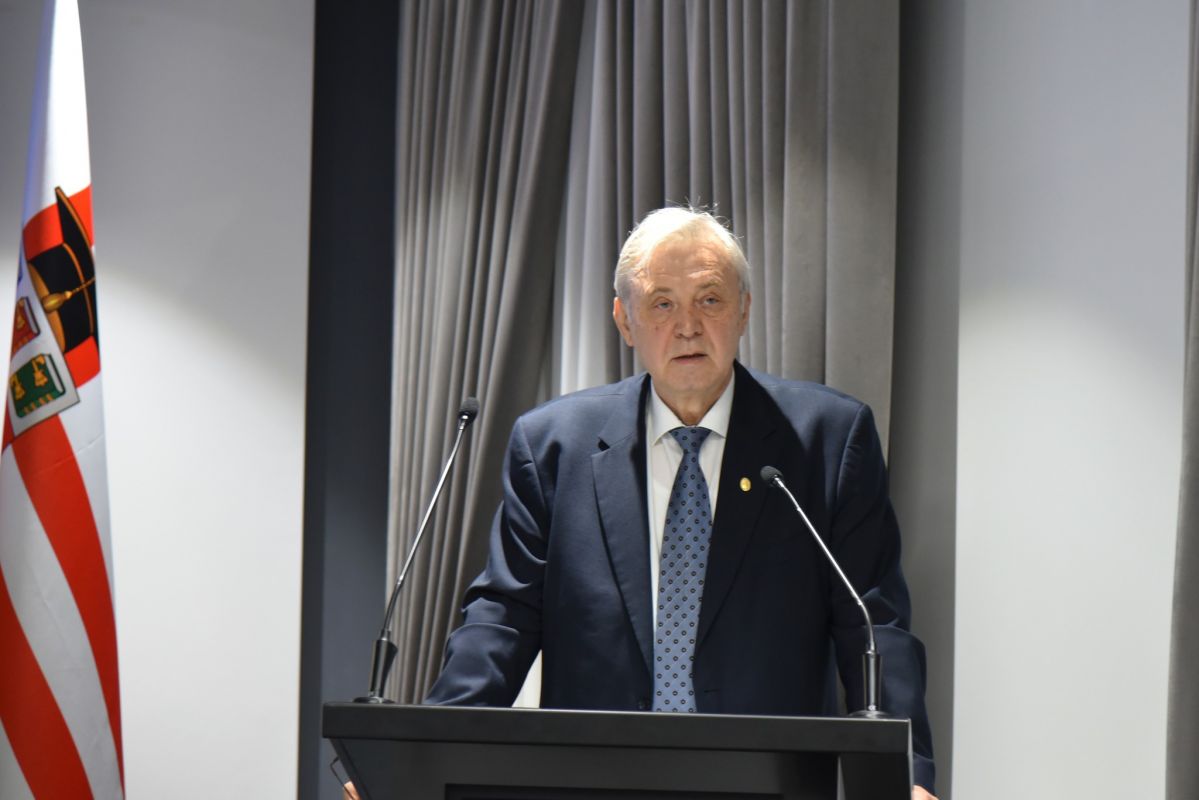
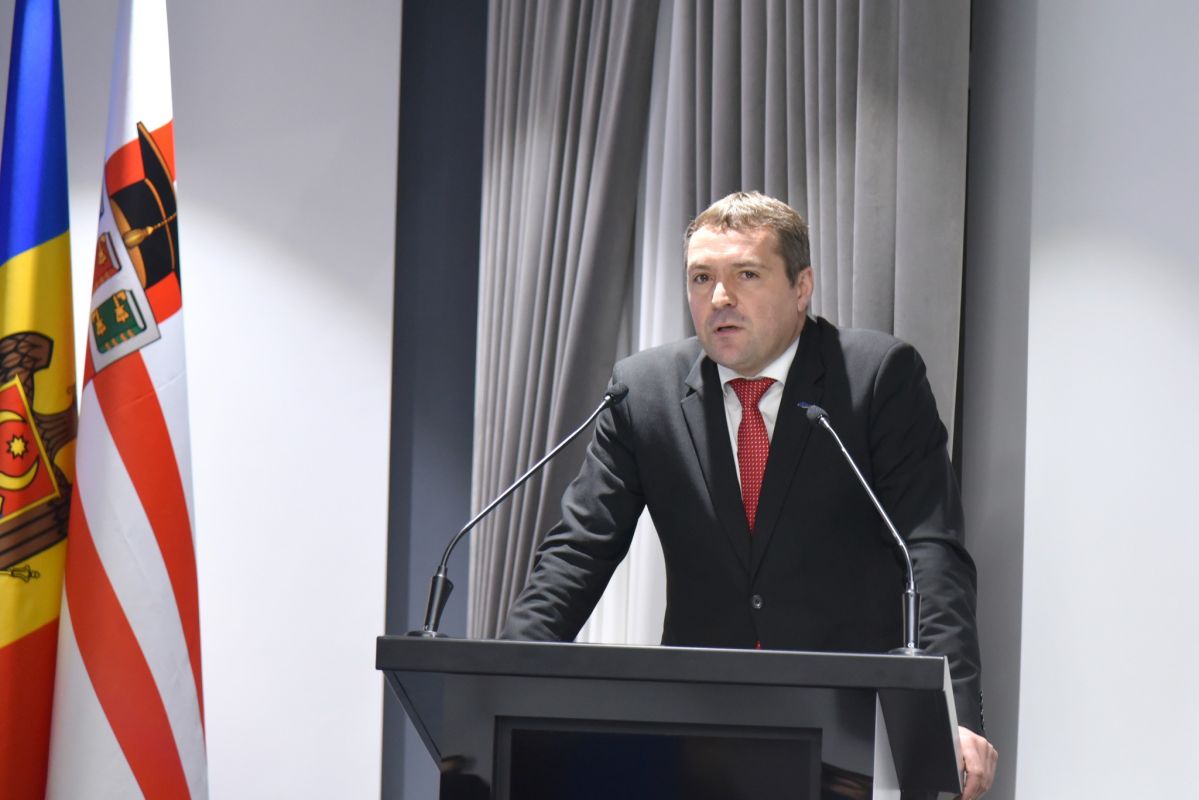
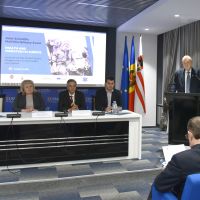
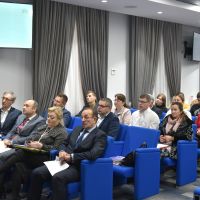
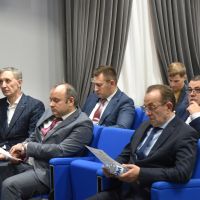
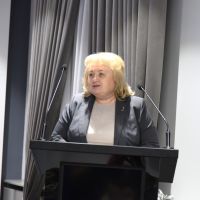
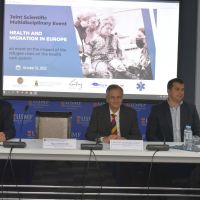

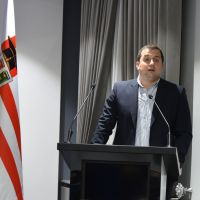
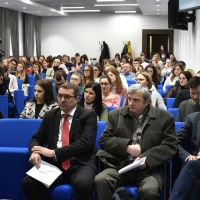
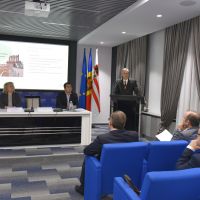
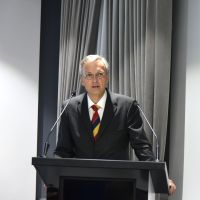
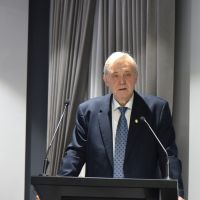
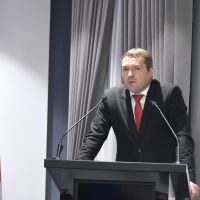
Comentarii